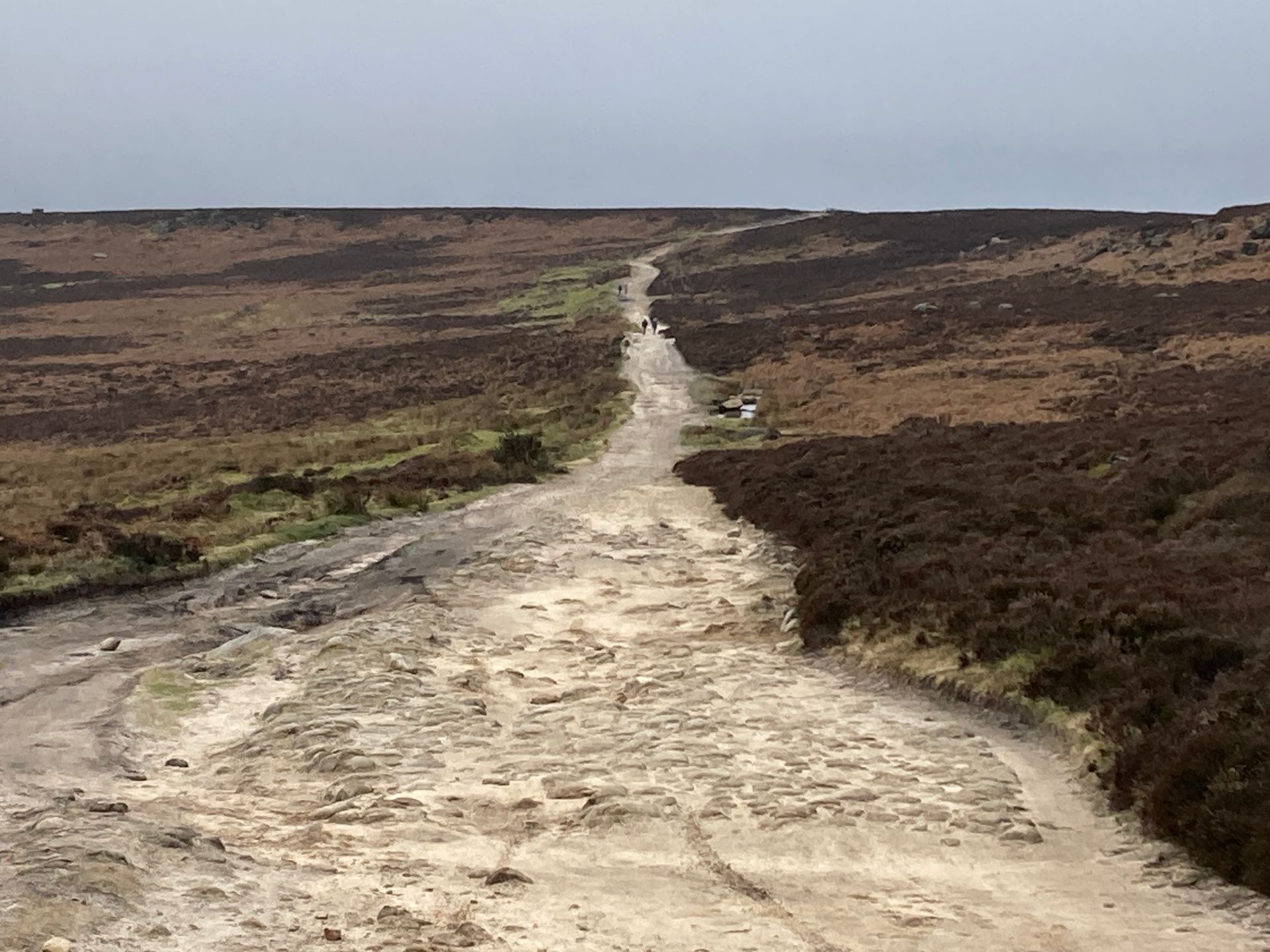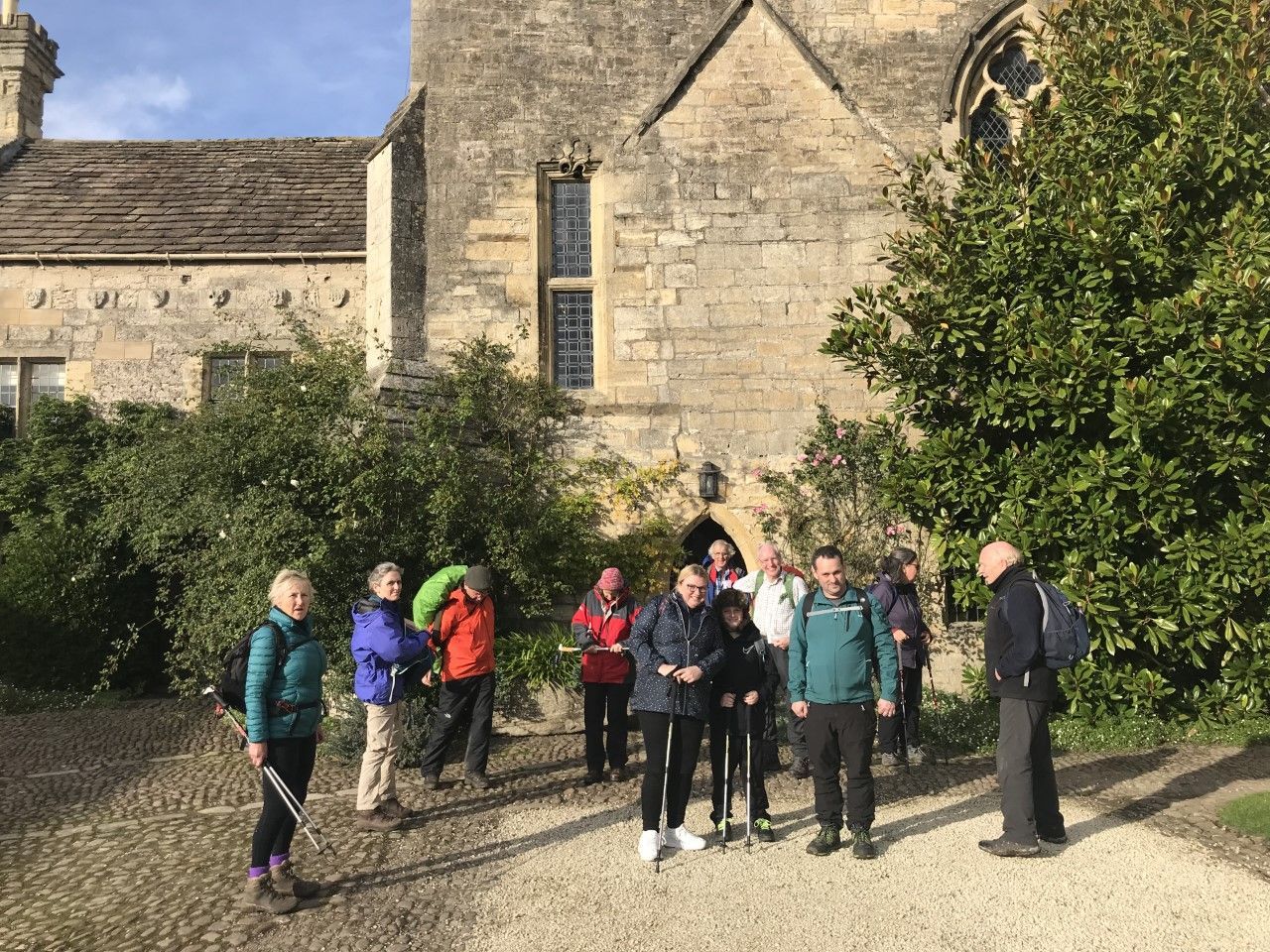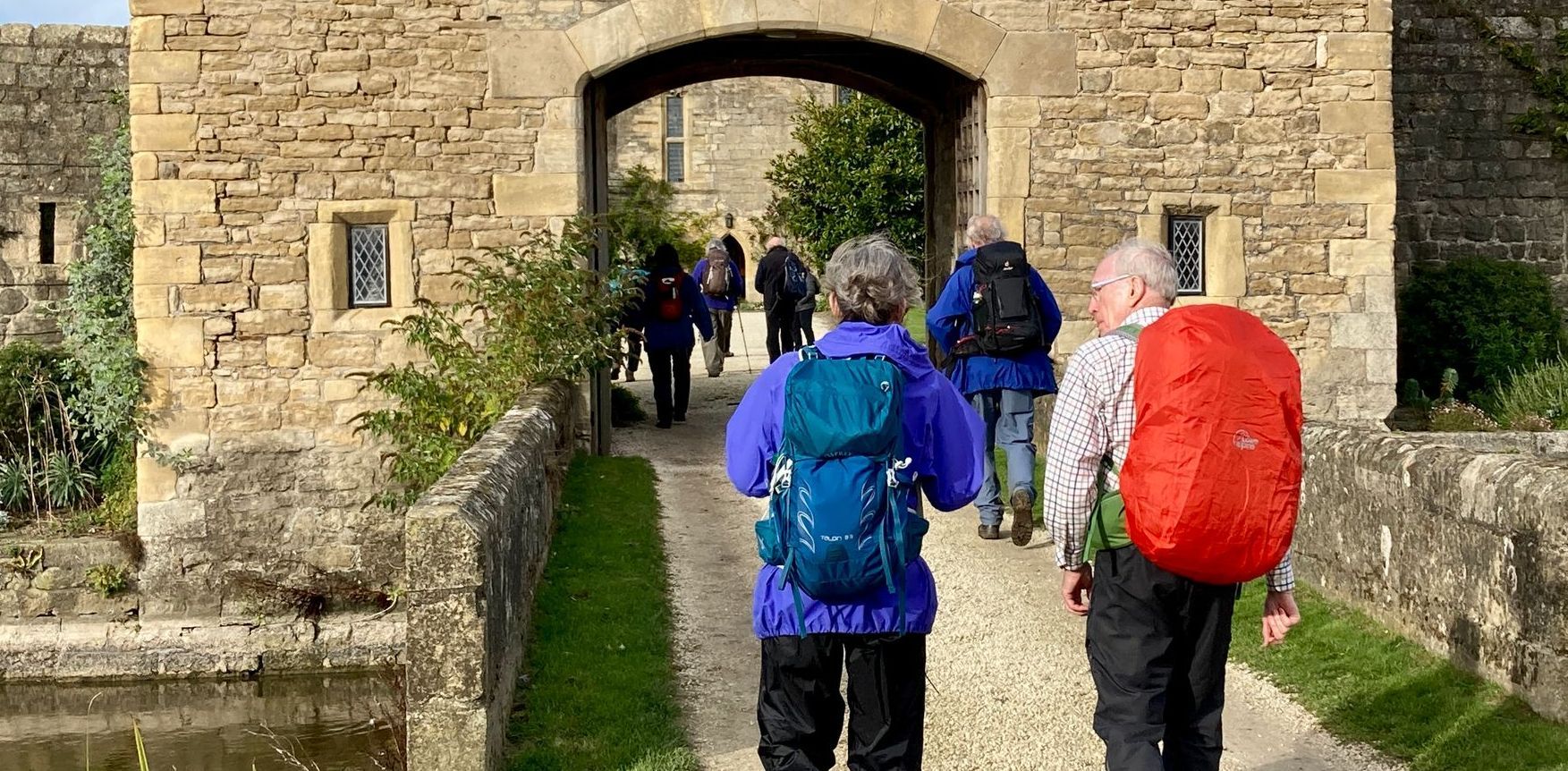A SPIRITUALITY FOR RESTLESS
HEARTS
Phil McCarthy, the Hearts in Search of God Project Lead reflects on pilgrim spirituality,
drawing on his own experiences, especially on his solitary walk from
Canterbury to Rome described in his book
Rome Alone

“You have made us for Yourself, O Lord,
and our hearts are restless until they find rest in You.”
St Augustine of Hippo, Confessions
In 2008 I set out to walk from Canterbury to Rome alone. Almost everyone I talked to about my plans asked me: “So is it a pilgrimage then?” I was uncertain how to reply. I wasn’t sure what pilgrimage meant in our secular world and I was reluctant to be pigeon-holed into a piety I might be unable to live up to. So I obfuscated.
By the time I reached St Peter’s Basilica in Rome I had become a pilgrim and was thrilled to receive the ‘testimonium’ that confirmed my arrival at the ‘threshold of the Apostles’. I had been changed by the experience of the road, the welcome I had received in parishes and religious houses, and the kindness of strangers along the way.

My experience of the Canterbury to Rome walk gave me a new understanding of contemporary pilgrimage. Pilgrimage is an ancient part of many religions and cultures, but it is always a journey to a place of special significance for the pilgrim. It involves stepping out of one’s daily routine to reflect on the meaning and purpose of life and to be open to personal transformation.
A walking pilgrimage is a slow journey in direct contact with the Earth. On foot a pilgrim is vulnerable to the elements and may experience solitude as well as companionship and meetings with strangers.
In Catholic understanding, pilgrimage is a search for God, even if we are not fully aware of it. As Pope Benedict XVI put it:
“To go on pilgrimage is not simply to visit a place to admire its treasures of nature, art or history. To go on pilgrimage really means to step out of ourselves in order to encounter God where he has revealed himself, where his grace has shone with particular splendour and produced rich fruits…”

Spirituality is always personal, but perhaps an essential element is the recognition that our own lives and the goods of the world are gifts rather than merely given facts. This leads to a desire to live with gratitude for these gifts and to seek a relationship with the Giver. It is a commitment to a search for truth, to creating beauty and to loving others and our world.
Catholic spirituality recognises that every person and created thing is imbued with the presence of God and sustained in existence by His power. It emphasises that we are fragile, vulnerable beings, dependent on each other, creation and God, who is the source of love, truth and beauty.
For Christians the heart of the matter is a personal encounter with Jesus Christ through prayer, scripture, the sacraments and other people, each of one of whom is uniquely valuable and loved by God, and a brother or sister in Christ.

Pilgrimage is interwoven with the spiritual practices of many religions, and it has been part of Christianity at least since St Helen journeyed to the Holy Land in the early 4th Century in search of the places associated with Christ and his first disciples. So pilgrimage is part of religion, but in an age when many have no formal religious adherence, how can pilgrim spirituality help us?
Undertaking an outer journey into the unknown can enable a focus on our inner journey, on questions of meaning and purpose. At its best pilgrimage enables a re-evaluation of personal identity for someone who is open to inner transformation. To an observer a pilgrim may appear independent and autonomous, striding towards his or her destination. In contrast the inner experience is one of vulnerability to the elements and of dependence on the goodwill of strangers. Pilgrimage involves a ‘stepping out’ of one’s daily life, working role and family relationships to become a marginal and transient person, often the recipient of hospitality and respect, but sometimes of scorn and suspicion.
Pilgrimage may be an experience of companionship with others or of solitude. There will be times of silence, of looking inwards, and occasions of encounter with others, of looking outwards. This rhythm becomes like breathing: in, then out. Pilgrimage may be an opportunity to meet strangers who are very different from our usual circle and who challenge our comfortable assumptions about ourselves and the world.
Walking pilgrims must divest themselves of excess physical luggage and carry only what is essential for the journey. In a similar way they should not be overburdened by psychological and religious baggage, the error of those who oppose all change and cling to the past. Neither should they discard tradition or experience thoughtlessly, or they may throw out some essential survival kit.
Walking is a lesson in humility. It necessitates the acceptance of the problems of the journey: there is no point railing against the rain, steep hills or aching knees. This recognition of one’s smallness and transience in this world promotes the virtue of humility. The dust of the road erodes pride and rain washes self-delusion away. St. Thomas Aquinas wrote:
“Humility means seeing ourselves as God sees us: knowing every good we have comes from Him as pure gift” (Summa Q161).
Pride tempts us to see ourselves as we would like others to and that is difficult to sustain when we are cold, wet and hungry and know ourselves to be dependent and vulnerable.
The spirituality of walking pilgrimage is grounded in two senses. Firstly because of the constant contact with the Earth’s crust and the slowness of the movement across the landscape. Feelings of awe at creation or of unity with it may arise. There will be opportunities for prayer, for being open to God. Like many people I find prayer a struggle, but suggestions for different approaches can be found on the prayers pages of this website.
Pilgrimage is also grounded in the sense that it is often along an ancient route to a recognised shrine or other holy place. Pilgrims know that they are on a covenantal journey, with those who welcome them, with those who gone before and with those who will walk the way in the future. Today many believe that spirituality is most authentic when it is a purely personal creation, perhaps drawing on a smorgasbord of cultural resources. However walkers know that they make more progress along a well-worn track with a good map, and that wandering at whim is a waste of precious time. The great religious traditions provide us with the way, the map and the compass we need to find our way through the disorientating confusions of modern life.
At last, the outer physical pilgrimage ends, but the inner journey does not. It may be useful to write a reflective journal during or after your pilgrimage, and one model can be found in the link below. As the quotation at the start of this piece from St Augustine implies, we are restless beings. Despite this our journeying is not futile. The Anglican priest and poet RS Thomas wrote at the end of his poem Counterpoint:
I think that maybe
I will be a little surer
of being a little nearer.
That’s all. Eternity
is in the understanding
that that little is more than enough.
It’s more than enough for a restless pilgrim heart.


